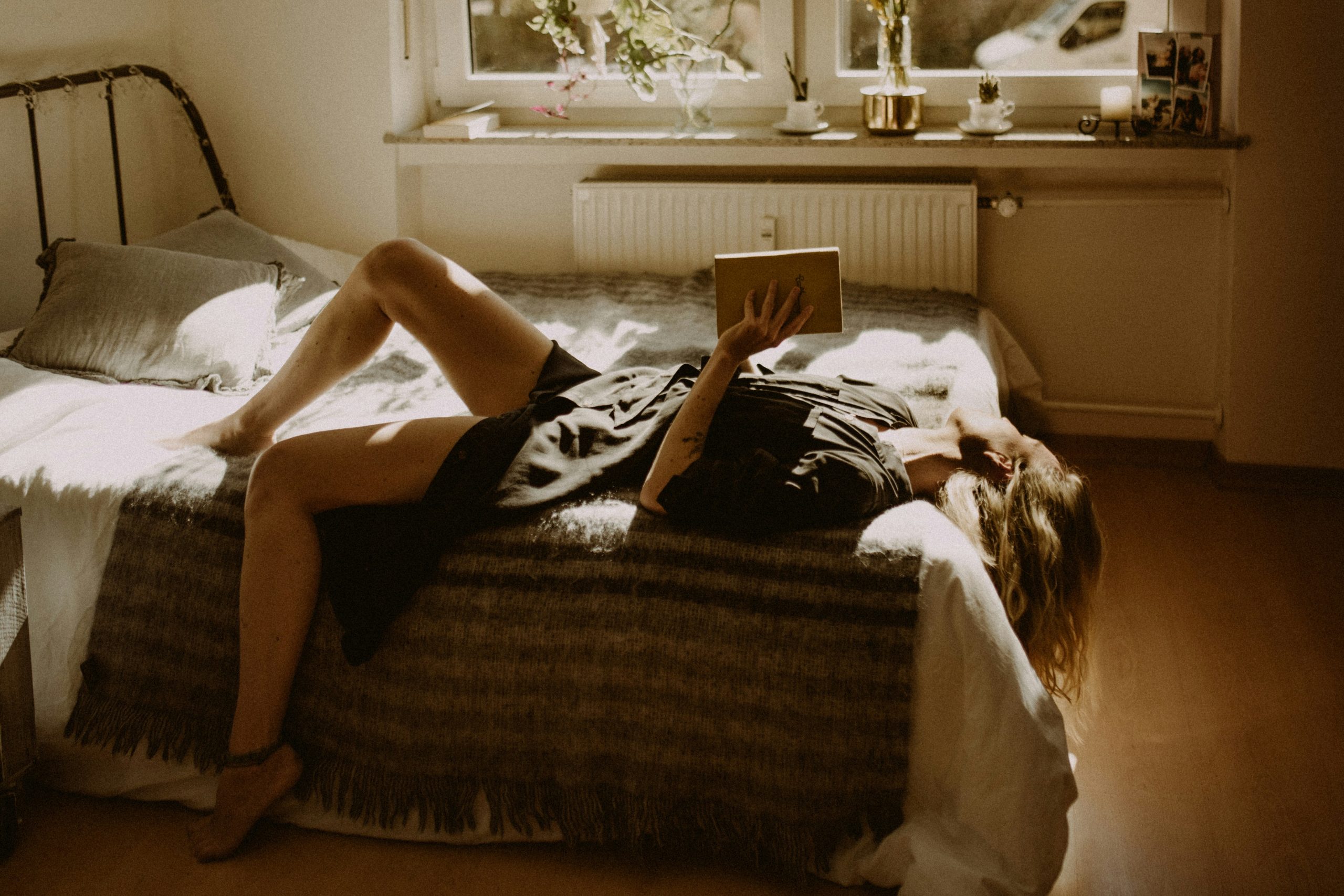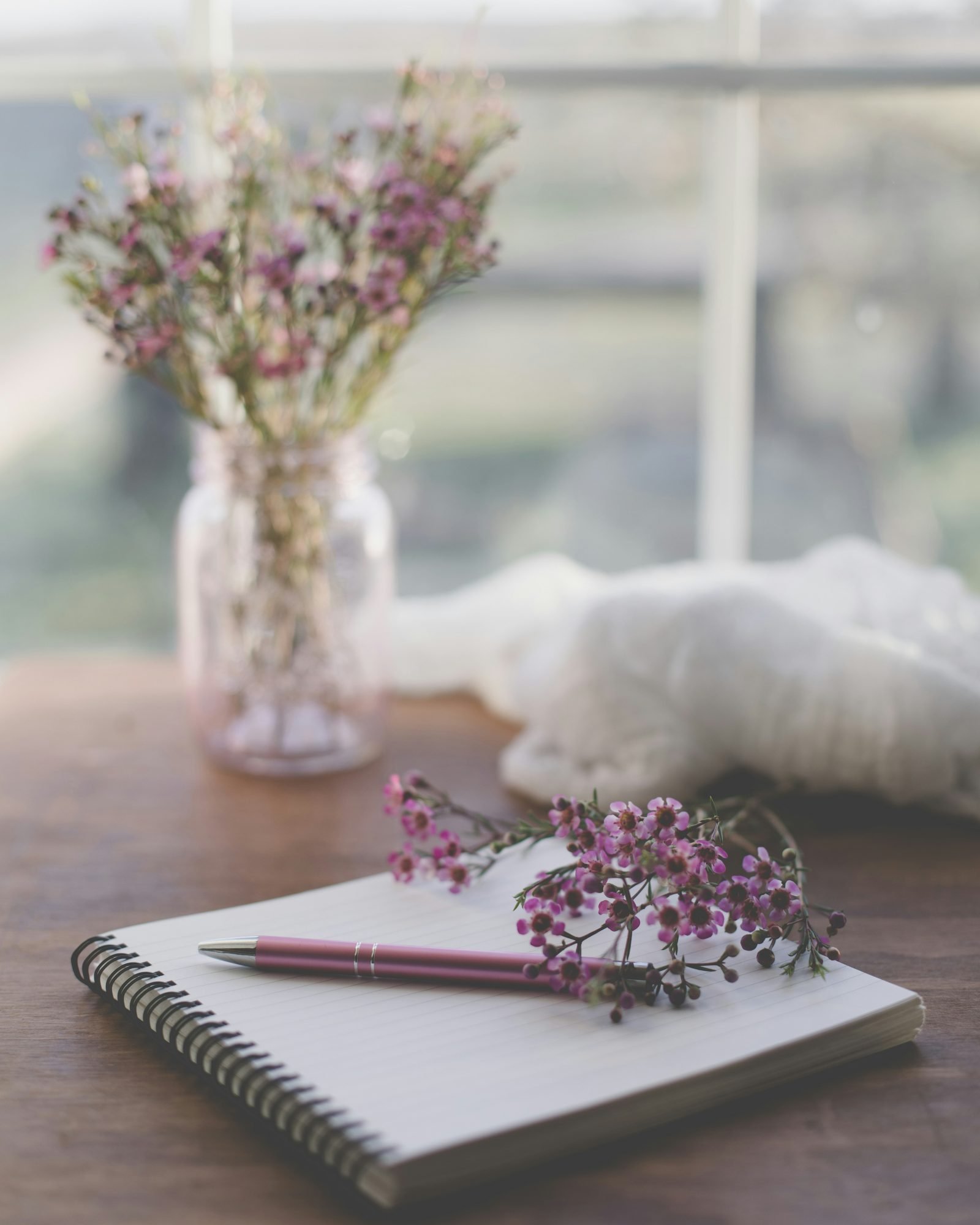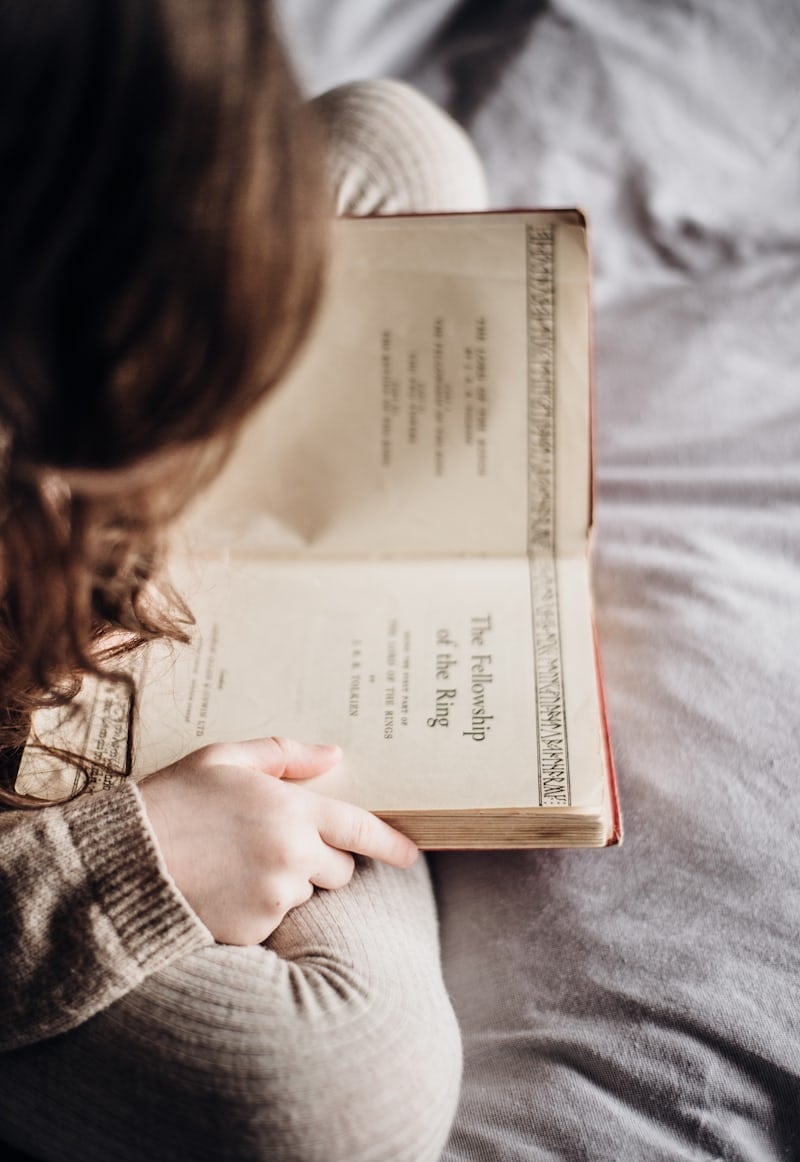
21 Days Without a Smartphone in the Evening: The Surprising Effects of a Digital Detox
This publication is also available in: Français
Deutsch
Italiano
Español
English (US)
If I told you that a simple little digital detox of 30 minutes a day could improve your life, would you be interested? On average, we spend 5 hours and 7 minutes a day on our phones, not counting professional activities. We may not realize it when we swipe, scroll, or quickly check notifications, but our attention is constantly drawn to smartphones, making our minds less inclined to rest. It’s especially in the evening that scrolling is most harmful. The blue light emitted by screens blocks the secretion of melatonin (the sleep hormone) and disrupts the biological clock. It was only when I noticed that my sleep was disturbed by what I was looking at on my smartphone before bed that I wanted to try this experience, which I share with you here with great pleasure!
Why this 21-day digital detox?
For a while, I had been going to bed scrolling, and I felt that it wasn’t doing me any good for two reasons: the first, because of the blue light that held my attention, and the second, which bothered me the most, was the fact that I was watching videos about anything and everything.
From a scientific standpoint, experts are clear: endless scrolling keeps us in an artificial state of alertness. To allow our brains to rest, we should completely stop using screens at least 30 minutes before bedtime. If we extend this duration to 1 or 2 hours, the positive effects are even greater.
One evening, tired of waking up still tired, sometimes disturbed by posts I had seen the day before, I decided to take action. No more screens before sleeping. You probably know this: it takes at least 21 days to form a new habit. So I wanted to experience falling asleep for 21 days without my phone to see if this small change could have a real impact on my daily life.

What happened during this digital detox!
Big news, stepping away from social media is a true gift for mental health. We know it, but this experience really allowed me to confirm it.
I thought I wasn’t addicted to my phone, but the first week was tough.
- The first week
I discovered how completely dependent I was on my smartphone to avoid being alone with my thoughts. To fill this void, I decided to pick up reading again. I used to be a big fan of literature, but unfortunately, it was a side of me that I had somewhat lost.
So I replaced scrolling with a book, and believe me, it’s the best thing I’ve done.
- A more restorative sleep
From the very first day, I noticed a positive change. Instead of waking up tired, with memories of certain videos I had seen the night before (which clearly contributed nothing to my life), I woke up on Day one super rested and, most importantly, I felt a great mental calm.

- More time for myself
Giving up my phone in the evening allowed me to rediscover the joys of reading. In this fast-paced world, I had forgotten how good it feels to read in bed. If you’re not too keen on books, you can take some time for yourself, for example, to meditate, practice gratitude, or even plan your week if that helps you. The important thing is to dedicate yourself to a single task, in peace.
- An improvement in my mental health
Without suffering from anxiety, like many people, I have to manage stress and an overload of information daily. I assure you that just by disconnecting from screens in the evening, I feel much calmer. I also took a lot of perspective on what I was consuming online. I unsubscribed from Instagram accounts that brought me nothing and now focus on calm activities that benefit me, like organizing my week or reading a book.
What helped me the most? Not watching anxiety-inducing news before sleeping. My mental health thanked me!
Lessons I learned from this digital detox
This little experience showed me how much our digital habits influence our well-being, often without us being aware of it. Taking a step back from our phones not only benefits our sleep: it’s also a way to regain control over our time and our minds.

What’s next?
Why fall back into a bad habit? For a silly reason, it’s always tempting. But this experience taught me the importance of staying disciplined and preserving this virtuous routine at bedtime.
The 21 days are over, but this habit is here to stay. My phone now stays on the kitchen table every evening, and I fully enjoy this screen-free interlude. If you’re looking for a simple and effective way to feel better, I encourage you to try the experience. Believe me, the benefits far exceed expectations.
So, ready to put your phone down for the night? You might be pleasantly surprised by all that can change in just 21 days.
Image credit: ©Kinga Howard/unsplash



